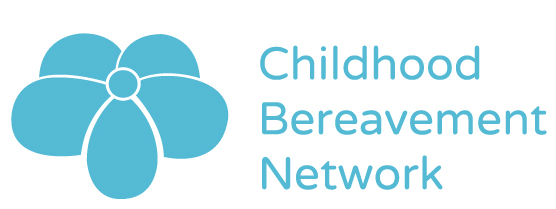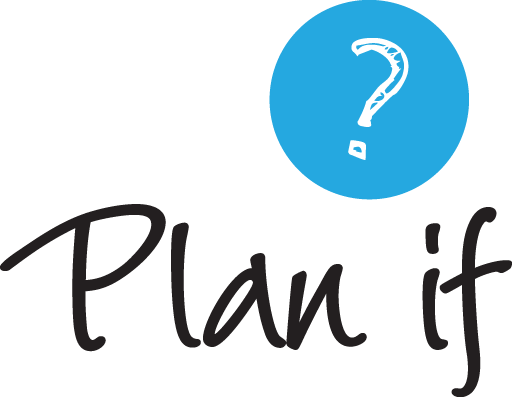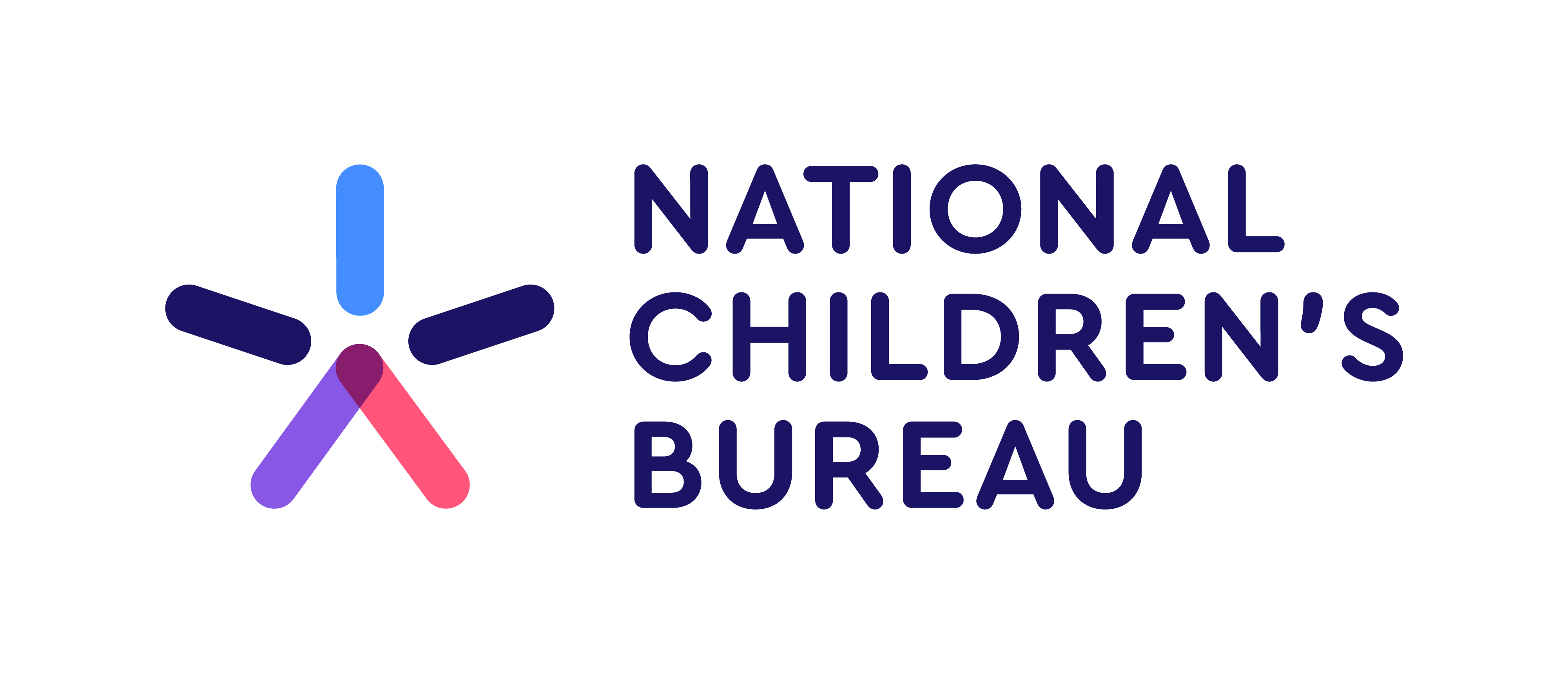Financial affairs

Bank accounts & credit cards
We may assume that those around us know what bank accounts we have, but this isn’t always true. Most major banks have bereavement advisers who will help bereaved people through the process of releasing money from the deceased person’s bank accounts before probate is granted, if necessary. (Probate is the official process of checking that the will is valid, that the correct people (the executors) will be in charge of carrying out the terms of the will and that any tax has been paid before the estate is released). With joint accounts, there is no block on access to the money after one person has died: any money in a joint account automatically belongs to the surviving account holder.
However, you may have more bank accounts/credit cards than your next of kin are aware of. Using a secure method (such as a password protected document or secure online system), indicate what accounts and what cards you have (not the details of account numbers or likely balances) and maybe the relevant website details and then store this with your other Plan If documents.
‘Not only had we lost him, I also had absolutely no money. He kept most of our money in a savings account with a different bank and moved it online into our current account when we needed it. I had no idea how to access this …’
Employment
We may assume that those close to us know where we work (if we work); this isn’t always the case. On another simple document in your Plan If, list your employers (including voluntary positions) with, if possible, your employment / payroll number.
Obviously, this is less important if you are self employed, not working or if you work for a relatively small organisation since they will probably be on your contacts list anyway.
Having this information may speed up the process of releasing death-in-service benefits and other employee-based considerations for those widowed.
Pensions
You may have a pension connected with employment or a private pension scheme or both. Would your family know about these? We were told of someone who had not known his wife had been contributing to a private pension scheme as well as her workplace pension until an annual reminder appeared in the post many months after her death.
And since April 2015, it may be possible for your nominated next of kin to inherit your private pension 'pot' - so make sure that you have nominated someone if you have a private pension. There are tax implications so do seek advice.
In your Plan If, note down the name of the schemes(s) your reference number(s) and contact details for them.
If you die before you have drawn your workplace pension, your family may receive a lump sum payment. If you have made contributions to an employment scheme but have since changed jobs, probably only the contributions you made will be returned to your family but individual circumstances will differ.
In some circumstances, pensions may be exempt from Inheritance Tax - it is important to get advice if this might be relevant to your circumstances.
There is more information on pension payments after death here on the website of the Pensions Advisory Service and here on the Government website.
Death in service benefits
Many firms offer a ‘death in service’ benefit, usually as part of a pension scheme. This is a lump sum, usually tax-free, normally paid to a person nominated by you in the event you die while working for that employer. This arrangement ends when the employment ends. As part of your Plan If, check that you have nominated someone to receive this and then make a note in your Plan If that this arrangement exists. The scheme is not obliged to follow your wishes (if, for example, you have nominated a non-dependent but you have dependent children) but will strive to do so in most cases. In some circumstances, this payment may be exempt from Inheritance Tax - it is important to get advice if this might be relevant to your circumstances.
Have in the back of your mind the question ‘is this actually enough?’ Most employers offer a payment of around 2 years salary: that is not going to be anywhere near enough to cover housing costs let alone protect your family’s current lifestyle in the future.
Bereavement benefits
Plan If is aimed at putting in place the sort of things that would help your children and your family if you were to die before they had grown up. As part of that planning, you might like to know what your family would receive from the State: there are links below to information on the Government website.
People whose partner dies and who have dependent children may be able to claim bereavement support payments if they are under state pension age and their spouse or civil partner had paid enough National Insurance contributions.
If someone else is bringing up a child because both parents have died, they may be able to claim Guardian's Allowance. In some circumstances, it is payable even if one of the parents is still alive.
Gingerbread provides helpful support to widowed parents about benefits, work and other issues. Help is also available from the Citizens Advice Bureau and from Turn2Us.
Spare room subsidy
Currently, families in social housing who have experienced a bereavement have 52 weeks before the spare room subsidy (sometimes called ‘the bedroom tax’) comes into force. After this time they may face a reduction in their housing benefit.



